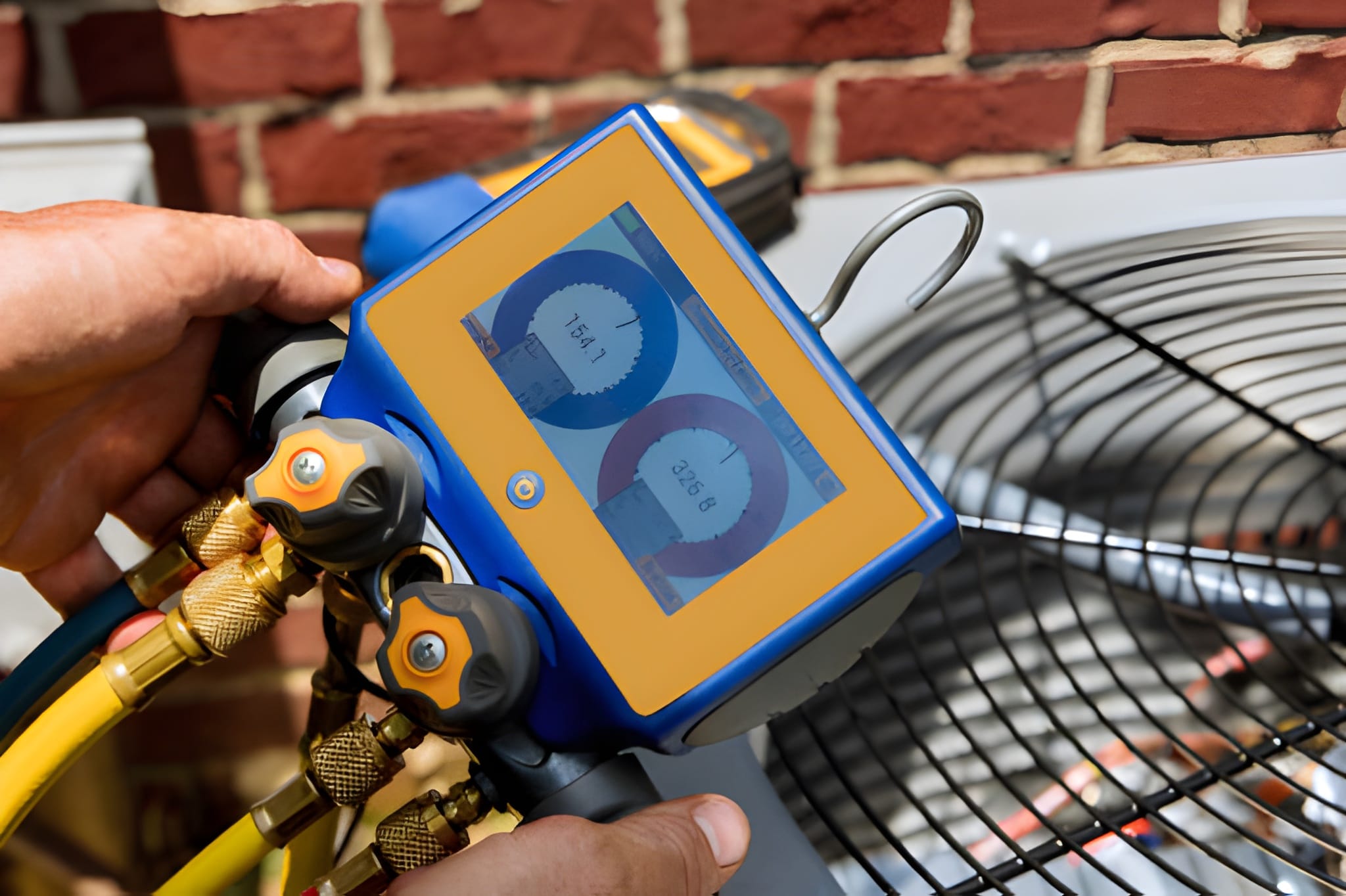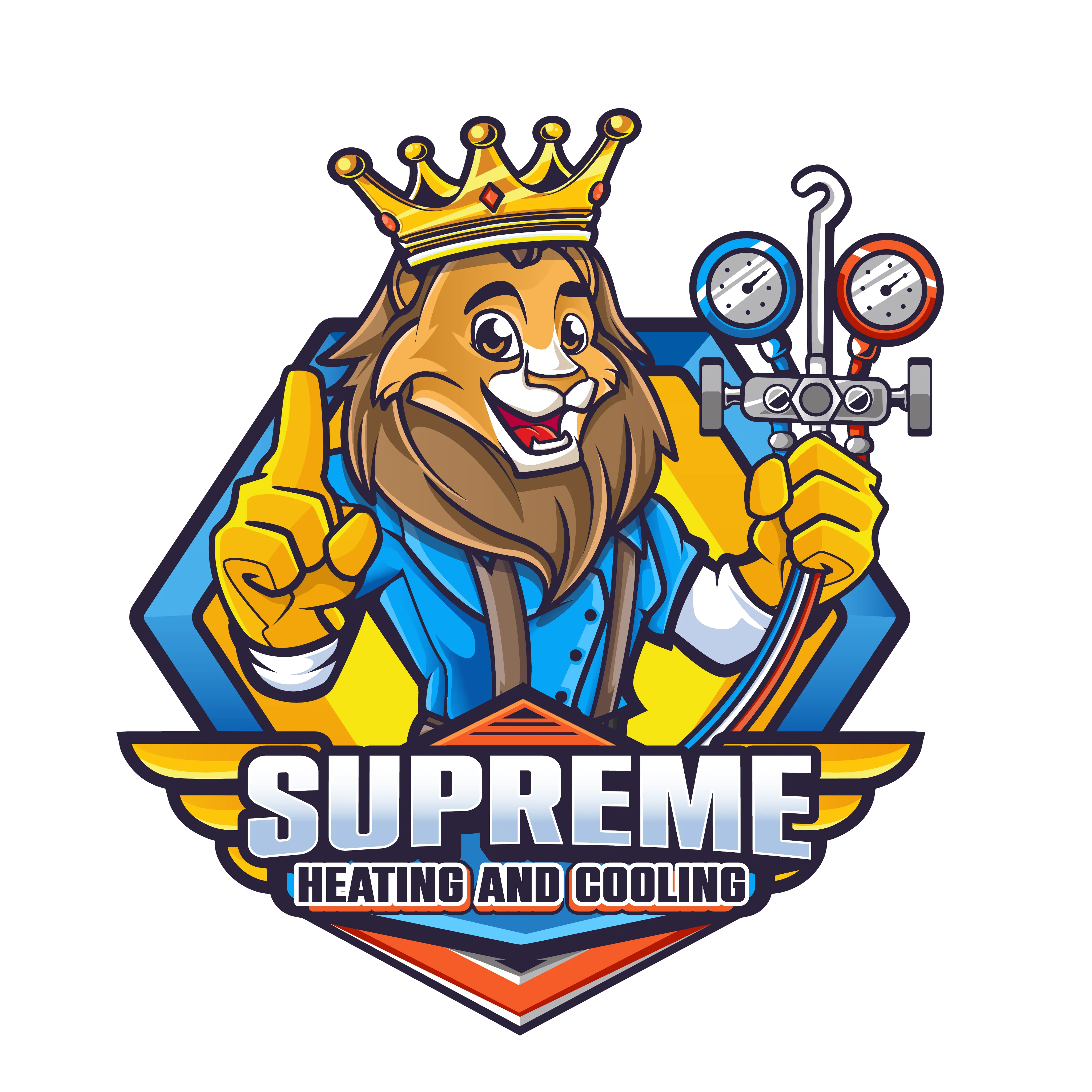
When temperatures spike in Monroeville, your AC should be working harder, not quitting early. But if your air conditioner keeps shutting off during the hottest part of the day, it’s more than just frustrating—it can quickly turn your home into an uncomfortable space. This kind of issue isn’t something to overlook, especially during long stretches of heat. Understanding what’s causing erratic AC shutdowns can help you get ahead of the problem before it gets worse or leads to other costly repairs.
This kind of situation is common in residential homes across Monroeville during the summer months. The heat pushes AC units to their limits, and if there’s an underlying problem, the extra stress will bring it out fast. In many cases, the root causes can be traced to a mix of system conditions, wear and tear, or external environmental factors. Let’s break down what’s happening when an AC unit shuts off too soon and look at how to address it effectively.
The Impact Of High Temperatures On Your AC System
Every summer, AC systems in Monroeville neighborhoods are put to the test. Heatwaves bring more than just uncomfortable air; they create conditions that push cooling systems into overdrive. Even if your AC seems to be running fine at the start of summer, extremely high outdoor temperatures can reveal weak spots fast.
Here’s why that happens:
– Your AC unit works by pulling heat from inside your home and transferring it outside. When outdoor temperatures are high, the system has to work much harder to dump that heat effectively.
– Longer run times in extreme temperatures lead to higher wear on components like the compressor, fan motors, and wiring.
– If the system isn’t maintained regularly or is already strained by buildup, poor airflow, or refrigerant issues, the extra heat can overwhelm it.
One example that’s common in Monroeville homes is a unit that kicks off during the peak heat hours in the afternoon. Homeowners often think it’s on a timer or thermostat issue, but in reality, the unit may simply be shutting down as a protective response to overheating. Without warning, this shutdown leaves the home heating up faster than the system can cool it down once it restarts.
Preventing these issues starts with understanding that the AC isn’t always at fault—it’s reacting to bigger conditions around it. But once it starts to shut off repeatedly, you’ll want a solution, not just a guess, to deal with it.
Overheating Components And Safety Mechanisms
Most modern AC units are designed with built-in safety features to protect them from serious damage. One of the most common triggers for a system shutdown is component overheating. This is especially frequent during heatwaves, when internal parts like the compressor and fan motor run longer than usual.
These key parts of your AC system tend to overheat quickly under stress:
1. Compressor – Responsible for moving refrigerant through the system. It works harder when the outside air is hot and can hit a limit where it can’t safely operate anymore.
2. Fan Motor – Cools down the coil and helps move heat out of the unit. If debris or heavy use blocks airflow, it can overheat.
3. Capacitors – Provide the electricity needed to start and keep motors running. They can fail or wear out under high stress.
When any of these components begin to exceed safe temperature ranges, internal safety switches activate to shut the system down temporarily. It’s usually a smart feature—it prevents permanent damage—but it also means your home cools unevenly and becomes uncomfortable fast.
Repeated overheating isn’t just a nuisance. It tells you that your system is operating outside of the conditions it was built for. That could be the result of poor ventilation around the unit, grime or buildup on the coils, or wear from past summers without service. Whatever the cause, identifying it early helps keep your system running safely through the next heatwave.
Refrigerant Levels And Their Role In Performance
Low refrigerant is a common reason residential AC units in Monroeville shut off unexpectedly during a heatwave. When refrigerant levels drop, your system loses the ability to absorb and release heat efficiently. That means it has to run longer to do the same amount of work, and in the process, it can overheat or trigger built-in safety responses that shut it down completely.
Refrigerant doesn’t get used up like gas in a car. If levels are low, it usually means there’s a leak somewhere in the system. Small leaks are not always easy to spot, especially inside coils or lines hidden behind walls. But during hot weather, even a slight drop in pressure makes it harder for the unit to cool properly and increases the risk of the system turning off before reaching the desired temperature.
One of the signs of low refrigerant is short cycling—when the AC kicks on and off in minutes instead of running full cycles. Another clue is warm air blowing from the vents despite the system being on. If that’s happening in your home, especially when the outdoor temperature is up, chances are the system isn’t able to hold pressure and is trying to protect itself.
This isn’t a problem that goes away by turning the thermostat down. Adding more refrigerant without addressing a leak can make the problem worse. That’s why our professionals always check for leaks and inspect pressure levels before any changes are made. Recharging the system without fixing the cause is just a temporary patch.
Dirty Filters And Airflow Restrictions
Dirty air filters are one of the simplest but most overlooked dangers when it comes to AC problems during Monroeville’s hot months. A clogged filter restricts airflow, forcing your system to work harder than it should just to push out cooled air. Over time, that strain can cause overheating and automatic shutdowns.
When airflow is blocked:
– The evaporator coil may freeze up, cutting off proper cooling and leading to unexpected shutoffs
– Internal components heat up more quickly and trigger electrical trip mechanisms
– Cold air gets trapped inside the system while your home remains warm, making each cycle less effective
A dirty filter affects more than just temperature. It reduces indoor air quality and can lead to dust and allergens getting circulated throughout the home. This buildup also puts extra strain on the blower motor, which has to push air through the clogged material.
Even if your system is newer, a neglected filter can bring everything to a stop, especially when the AC runs all day during July or August. Homeowners often forget about this part of AC maintenance until problems arise, but keeping a clean filter is one of the easiest ways to avoid sudden shutoffs during a heatwave.
Electrical Issues Leading To AC Malfunctions
Power issues are another regular cause of AC shutdowns during summer in Monroeville. As outdoor temperatures rise, increased demand on the electrical grid and your home’s circuits can expose weaknesses inside the system. Things like worn wiring, outdated control boards, or tripped breakers can lead to a full shutdown.
A few electrical problems that lead to AC failure include:
1. Malfunctioning thermostat: If the sensor is damaged or placed too close to a heat source, it may signal the system to shut off early.
2. Failing capacitors: These components manage voltage to motors. If they go bad, motors can stop running or overheat.
3. Circuit breaker trips: Excessive power draw during high load can cause your AC to pull more power than your panel can handle, leading to shutdowns.
4. Loose wires or corroded contacts: These limit the connection between components and cause the unit to fail unexpectedly.
Unlike mechanical issues, electrical problems don’t always give obvious signs until a full system failure happens during peak usage. That’s why random shutoffs or units that suddenly go silent in the middle of a cycle deserve immediate attention from our technicians.
Professional diagnosis prevents guesswork and avoids the risk of short-term fixes missing more significant safety concerns. If your AC has persistent electrical issues, especially during periods of extended high temperatures, it’s safest to let our technicians inspect the entire system for hidden faults.
Keeping Your AC Running Smoothly During Heatwaves
Repeated AC shutdowns during the hottest parts of summer in Monroeville aren’t something to take lightly. These problems flag deeper issues inside your system that usually won’t resolve on their own. Whether it’s restricted airflow from a dirty filter, low refrigerant levels, or an overheating fan motor, leaving these signs unchecked can lead to full system failure over time.
Small recurring problems during heatwaves tend to add up quickly. What might start with a trip of the electrical breaker or a slight delay in cooling can turn into a complete breakdown if ignored. Addressing issues promptly restores consistent comfort in your home and protects your system from further wear.
The good news is, many of these causes are preventable or fixable with the right attention. Routine checks, timely service calls, and working with professionals familiar with Monroeville homes and AC systems can help your unit stay reliable during the parts of summer you need it most. When your AC starts acting up under pressure, don’t wait until it quits altogether. It’s easier to keep cool when you get ahead of the heat.
If repeated shutdowns are compromising your comfort during Monroeville’s peak heat, now is the time to get ahead of costly repairs with professional AC repair in Monroeville. Trust Supreme Heating and Cooling to help restore reliable performance and keep your system operating efficiently through the hottest days. For a quick estimate or to book a service visit, please contact us today.

.svg)

.webp)


.svg)
.webp)
.svg)
